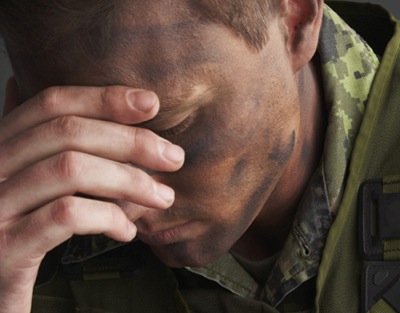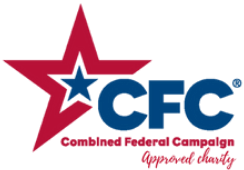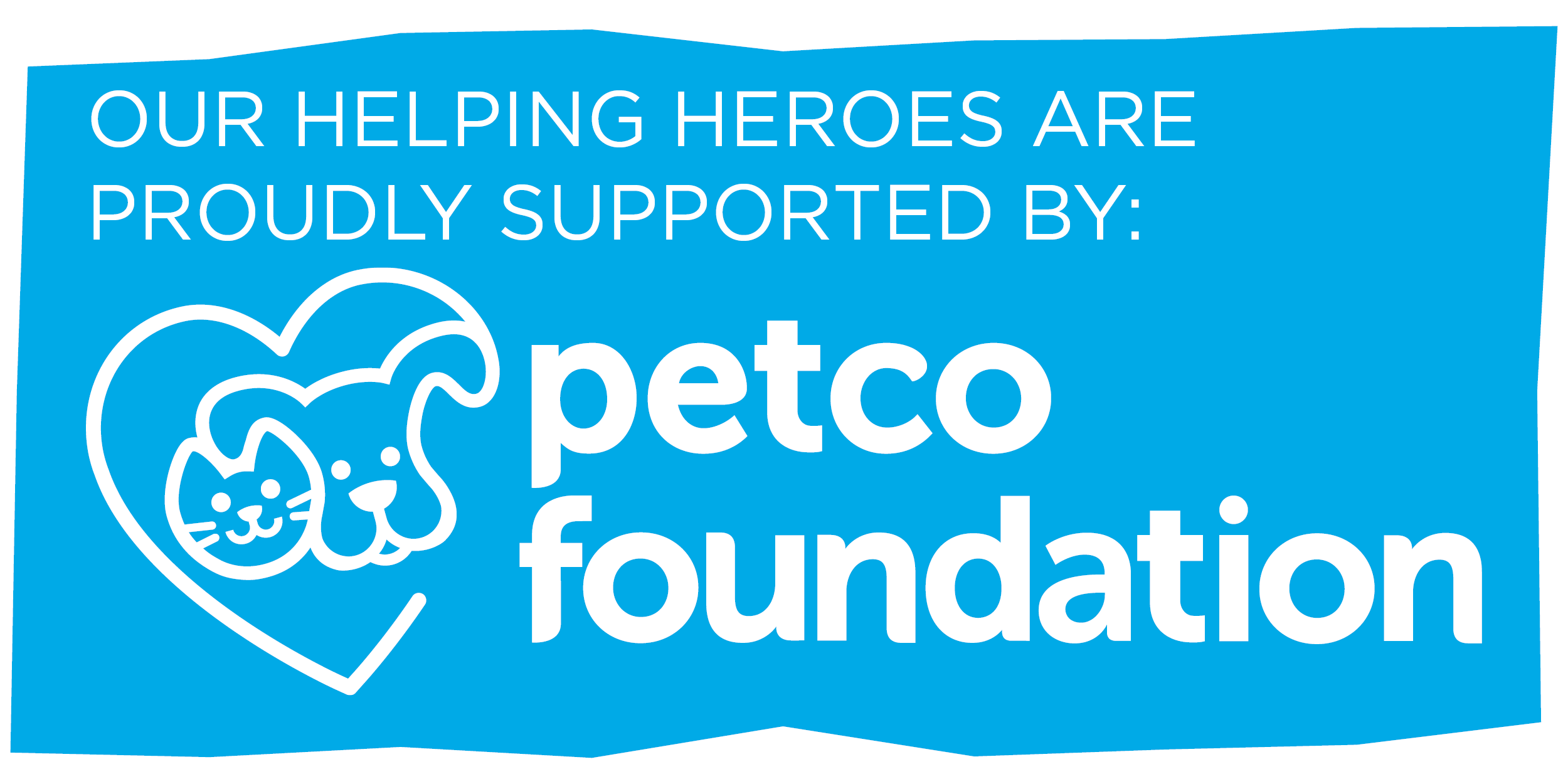One service member commits suicide every two days and one attempts suicide every two hours. On average, 22 veterans commit suicide every day. Nearly one thousand former soldiers receiving care from the Department of Veterans Affairs attempt suicide every month.
Suicide is the 11th leading cause of death among Americans and the second leading cause of death in the military.
The statistics are shocking, but research shows that public awareness, education and treatment are crucial in the prevention of suicide.
Awareness
Suicide Prevention Month offers an opportunity for us to acknowledge the people in our lives that may need help, especially those that appear overburdened or depressed. It is our duty as members of the military community to familiarize ourselves with the warning signs of suicidal tendencies, learn what resources are available and offer help to those considering self-harm.
While suicide is a difficult topic to discuss, it is an important one for the military community because the number of suicides has increased dramatically since the start of the global war on terrorism. Diagnosed cases of Post-Traumatic Stress Disorder (PTSD), Traumatic Brain Injury (TBI) and depression have risen at an alarming rate over the last decade. Left unchecked and untreated, these conditions can become more serious and lead to suicidal behavior. Understanding the warning signs of suicide is an important step in prevention.
- Calling old friends, particularly military friends, to say goodbye
- Cleaning a weapon they may have as a souvenir
- Visits to graveyards
- Obsessed with news coverage of the war, the military channel
- Wearing their uniform or part of their uniform (boots, etc.)
- Talking about how honorable it is to be a soldier
- Increased sleeping
- Becoming overprotective of children
- Standing guard of the house, perhaps while everyone is asleep staying up to ‘watch over’ the house, obsessively locking doors, windows
- If they are on medication, stopping medication and/or hoarding medications
- Hoarding alcohol (not necessarily hard alcohol, could be wine)
- Spending sprees, buying gifts for family members and friends “to remember me by”
- Defensive speech (“you wouldn’t understand,” etc.)
- Stop making eye contact or speaking with others
- I DEATION – threatened or communicated
- S UBSTANCE ABUSE – excessive or increased
- P URPOSELESS – no reason for living
- A NXIETY – agitation/insomnia
- T RAPPED – feeling there is no way out
- H OPELESSNESS – believing that the situation will not improve
- W ITHDRAWING – from friends, family, society
- A NGER (UNCONTROLLED) – rage, seeking revenge
- R ECKLESSNESS – risky acts, unthinking
- M OOD CHANGES (DRAMATIC) – depression followed by calm or happiness
Education
If you see signs of suicide in a military member, you can use the ACE framework to help guide the actions you should take. The Ask, Care, Escort approach is an integral technique used in military suicide prevention programs. The following ACE information is adapted from Real Warriors:
- Have the courage to ask if your warrior is having thoughts of suicide, but stay calm.
- Ask the question directly: Are you thinking of killing yourself?
- Know the signs for concern listed above.
CARE for your warrior
- Stay calm and safe — do not use force.
- Understand that your loved one may be in pain.
- Removing any lethal means, such as weapons or pills.
- Actively listen for details about what, where and when your warrior may be planning to kill himself or herself. (If your warrior acknowledges his/her plans, it generally suggests that he/she is accepting your help.)
- Actively listening without passing judgment can help produce relief for the warrior.
ESCORT your warrior to get help
- Escort your warrior immediately to his/her chain of command, chaplain or behavioral health professional.
- Call 911 or 800-273-TALK to speak with a trained professional right away.
Don’t keep your warrior’s suicidal behavior a secret. - Never leave your warrior alone — stay until he/she receives appropriate help.
- Adopting an attitude that you are going to help your loved one can save his or her life.
Treatment
The military prepares its members for all elements of service: physical, mental and emotional. Multiple deployments, longer deployments and injuries play roles in the increasing challenges military members and their families encounter. These challenges can be stressful and may contribute to mental health issues. The military recognizes that mental fitness is critical to building resilience in troops and provides several resources to help military personnel and their families face these challenges.
- Military One Source 1-800-342-9647
- Vets4Warriors 1-855-Vet-Talk (1-855-838-8255)
- The Defense Center of Excellence (DCoE) 1-866-966-1020
- Army G-1, Army Well Being Liaison Office 1-800-833-6622
- Wounded Soldier and Family Hotline 1-800-984-8523
Eliminating suicide from our military community requires us to recognize the signs of suicide, know where to access care and treatment and how to intervene. Never leave a comrade behind. For additional resources, visit the Military Health System website, National Resource Directory (NRD) or Real Warriors.












100,000 (+) veterans and servicemembers have died from suicide since Sept. 11, 2001, according to public data disclosed by VA-DoD and CDC.